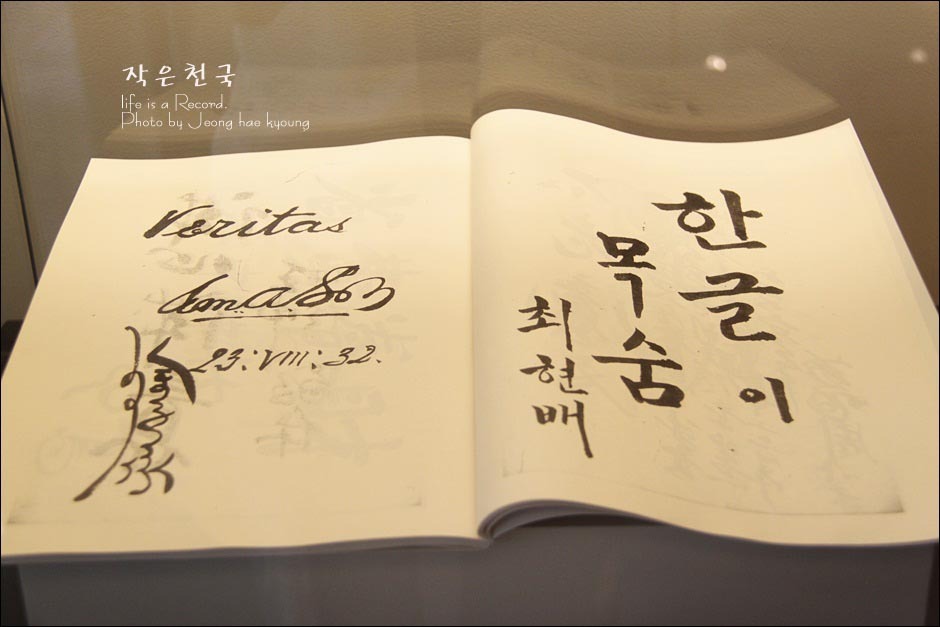The Battle of Hamburger Hill is a famous battle of the Vietnam War, where the US military engaged in an attack to try take Hill 937, also dubbed Hamburger Hill. It was a highly controversial battle as the hill held little strategic value and was heavily fortified, yet the army was ordered to launch a frontal assault to try to capture it. After ten days of heavy fighting and the death of hundreds of soldiers, the US forces eventually decided to give up on the hill. The military was heavily criticised for the futile operation and news of the battle contributed to the war losing favour from the American citizens.
This battle may be the origin of the phrase: “is this the hill you want to fight and die on?”. The question is often used somewhat jokingly, but it is a surprisingly powerful and useful frame of mind when it comes to life.
We often find ourselves in disagreement with others, whether it be over ideas, plans or opinions. We may disagree with a plan of action from our superiors, or we may have a difference in opinion with our partner over some matter. Our natural instinct is to argue back to try to win the argument, because everyone hates being wrong. The problem is that the other person will be fighting back just as hard, so the argument can end bitterly with negative consequences in the relationship.
So when you find yourself in an argument, ask yourself: “is this the hill I want to fight and die on?”. There are certainly things worth fighting for, such as your values or if you think the consequences of what you are fighting over is significant enough. However, there are so many arguments where the prize is merely your ego and pride. Is it really worth damaging your relationship with the other person just so you can be right?
If you think this isn’t the hill you want to die on, it might not be worth wasting your emotional energy on the matter. Instead, you may want to compromise and make a conscious choice to let the other person win. Letting the small things go in life and choosing your battles will make a great difference to your happiness and connection to other people.

(Image source: https://xkcd.com/386/)







